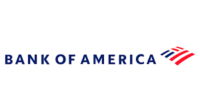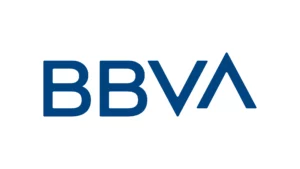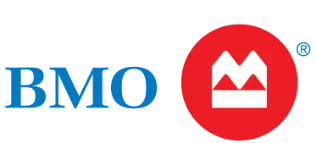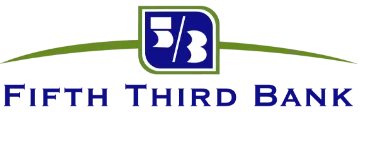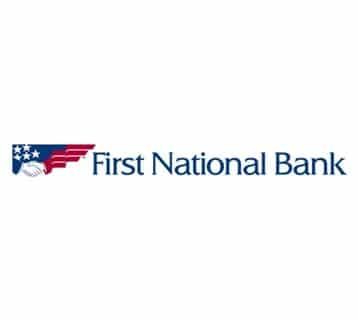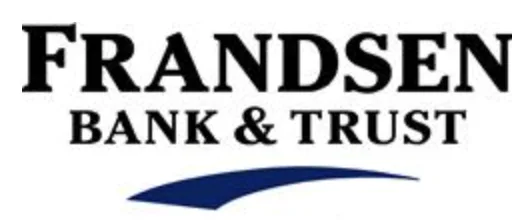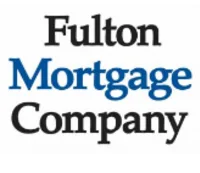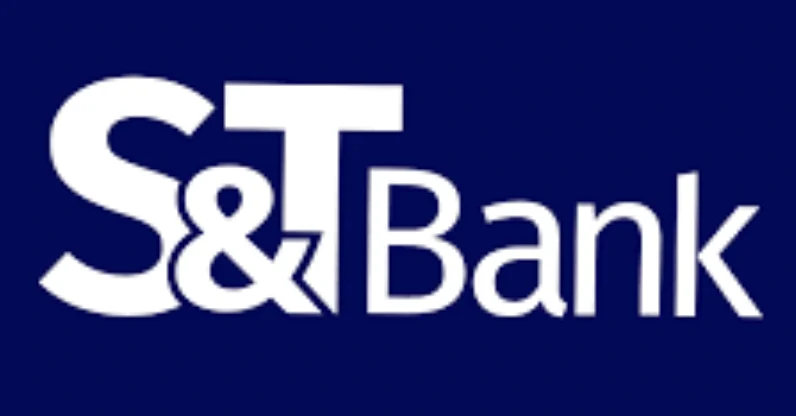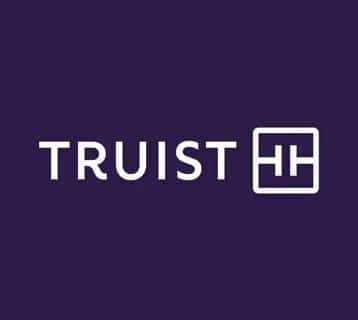Obtaining a mortgage is a significant step for medical professionals, especially considering the high levels of student loan debt many carry. The Bank of America Physician Loan program is designed to help physicians surmount these financial hurdles and achieve their homeownership goals. This review will provide a comprehensive analysis of the Bank of America Physician Loan Review (Updated 2025), examining its features, advantages, limitations, and alternatives.
What is Bank of America’s Physician Loan?
The Bank of America Physician Loan program is structured to cater to the unique financial circumstances of medical professionals. Here are some key points to note:
- The program is open to MDs, DOs, DDSs, DMDs, ODs, and DPMs.
- The loan can be used for the purchase or refinance of a primary residence.
- The program offers financing up to 95% for loans up to $1 million and 90% for loans up to $1.5 million.
- The program provides 15-year and 30-year fixed-rate mortgages and adjustable-rate mortgages
What Is Bank of America?
Established in 1904 in San Francisco, Bank of America has grown into one of the largest banking institutions in the United States. The bank caters to a wide range of financial needs, including mortgages, small business loans, personal loans, credit cards, and financial planning. Bank of America’s Physician Loan program is a specialized offering designed for medical professionals.
Bank of America is the second largest bank by assets in America. It has over $2.16 trillion dollars in assets and is working diligently to stay relevant by integrating financial technology into its products and services. The bank has a Better Business Bureau rating of “A+“, the highest rating on a scale or A+ to F and is a publicly traded company with the ticker symbol BAC.
Bank of America Physician Loan Highlights
To qualify for a Bank of America Physician Loan, applicants must meet certain eligibility criteria:
- Applicants must have a degree in medicine (MD, DO, DDS, DMD, OD, or DPM).
- Applicants must be currently employed or have an employment contract that will commence within 90 days of the loan closing.
- The loan should be used for the purchase or refinance of a primary residence.
- Applicants must have a minimum credit score of 700.
- Applicants must have either a Bank of America savings or checking account, or an account with Merrill Lynch or Private Bank, which are affiliated with Bank of America.
Click here to compare all physician mortgage programs in your state!
Bank of America Physician Loan Alternatives
Bank of America isn’t the only financial institution offering physician mortgage programs. When you are borrowing hundreds of thousands of dollars (or more!) it is important you know your options. Here are a few alternatives to check out:
UMB Bank
UMB Bank has an incredible financing solution for doctors, offering 100% financing up to $1MM. However, full financing requires the doctor to be attending, not still in school. And the bank has a limited footprint, so be sure and check their coverage in your state.
Learn More: UMB Physician Mortgage Review
Citizens Bank
Citizens Bank has a great physician mortgage program for MD, DO, DDS and DMDs. They offer construction financing and 95% financing for loans up to $650k.
Learn More: Citizens Bank Physician Mortgage Review
BMO Harris
BMO Harris extends physician mortgages to MDs, DOs, DDS and DMD designations. The loan is available for purchase or refinance and whether you are still in school or practicing, you can get 100% financing up to $1MM. If you’ve been attending for longer than 10 years, you can qualify for 90% financing up to $2MM.
Learn More: BMO Harris Physician Mortgage Review
LeverageRx Helps You Find the Best Lenders in All 50 States. Click on Your State to Get Started
Pros and Cons of Bank of America Physician Loan
Like any financial product, the Bank of America Physician Loan has its advantages and disadvantages.
Pros
- Exclusion of Student Debt: In many cases, Bank of America will exclude student loan debt from the total debt when considering mortgage applications. This can make it easier for medical professionals with significant student loan debt to qualify for a mortgage.
- Variety of Mortgage Options: Bank of America offers a range of mortgage options, including fixed-rate and adjustable-rate mortgages with various loan terms.
- Refinancing Option: The Bank of America Physician Loan program allows borrowers to refinance their current homes, providing flexibility in managing their financial situation.
- Medical Practice Loans: In addition to home loans, Bank of America also offers loans for medical professionals who own their own practice.
Cons
- No 0% Down Payment Option: Unlike some other physician loan programs, the Bank of America Physician Loan program does not offer a 0% down payment option.
- Limited Eligibility: The program is not available to all medical professionals. Only those with certain degrees (MD, DO, DDS, DMD, OD, DPM) can qualify.
- High Credit Score Requirement: Applicants are required to have a minimum credit score of 700 to qualify for the loan. For the best interest rates, a credit score of 720 or higher is recommended.
- Account Requirement: Applicants must have a Bank of America account to qualify for the loan.
Key Takeaways
The Bank of America Physician Loan can be a great tool for medical professionals looking to purchase or refinance a home. With its flexible terms and understanding of the unique financial challenges faced by medical professionals, it can provide a viable path to homeownership. However, as with any financial product, it’s crucial to thoroughly research and compare options to ensure you’re choosing the best loan for your individual circumstances. To see your options with Bank of America and other banks that offer physician mortgages, request your rates here.
In less than 2 minutes, see all physician mortgages here and compare.
Bank of America is great for medical professors, especially those just starting out. On top of personal banking and practice loans, Bank of America can provide physician mortgage loans to fit your needs, no matter where you are in your career.
You would think the immediate answer is yes, but that isn’t the case. Most medical professions have a mountain of student loan debt. However, because of their profession and income potential, they are considered “lower risk.” On the flip side, the absence of PMI may cause a higher rate than traditional loans. Finding the right lender is important, some may offer more or less depending on your situation. It’s important to shop between lenders.
You’ll need a minimum score of 720 to get the best interest rate most lenders offer. But some lenders will accept a credit score as low as 680. If they do, expect to pay a slightly higher interest rate than the best published offer.


